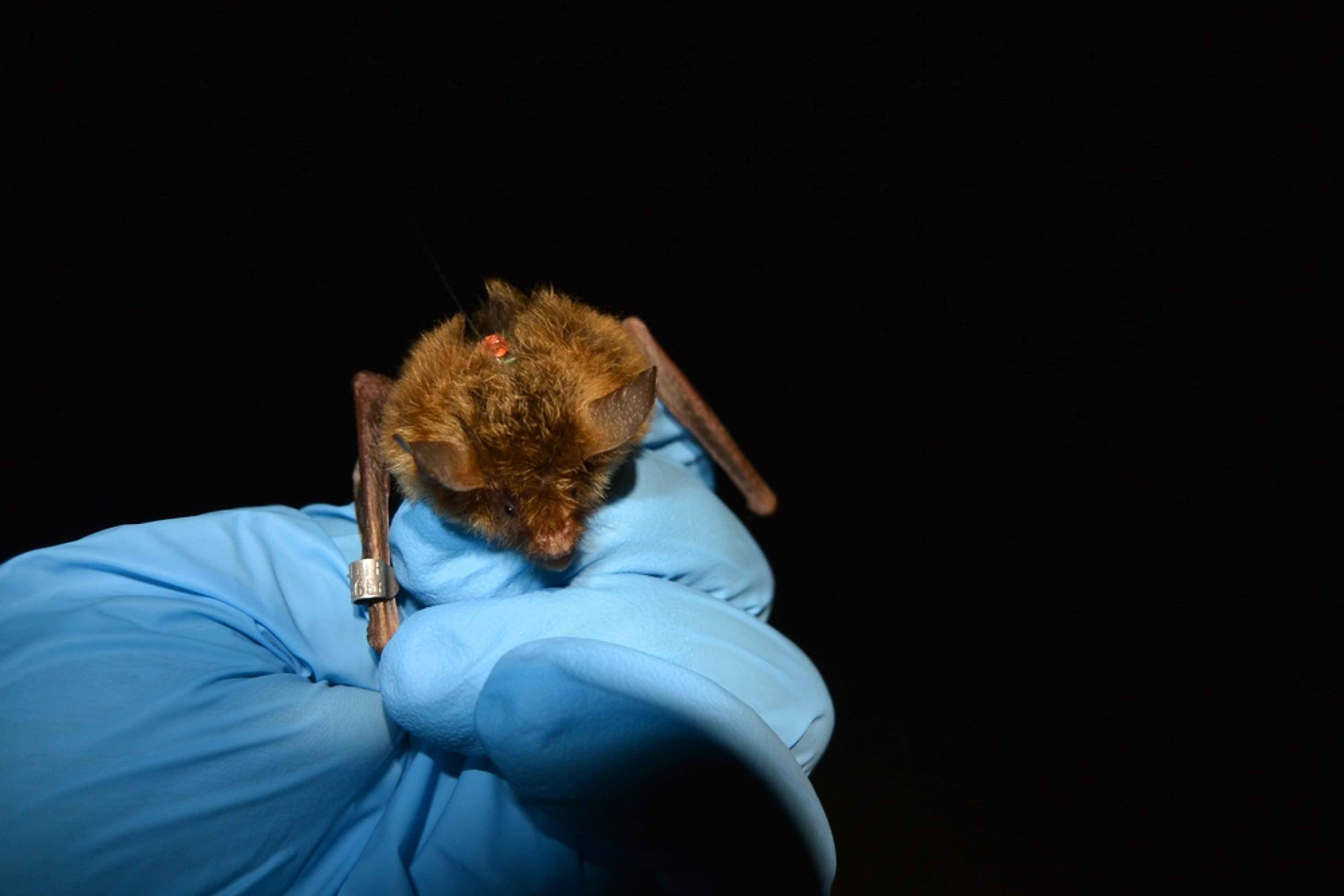Northern Long-Eared Bat Population Plummets 90% Due to Fungal Disease
The northern long-eared bat population at Marine Corps Base Quantico, Virginia, has plummeted by 90% over 20 years due to the devastating impact of white-nose syndrome, a fungal disease.

QUANTICO, VIRGINIA, UNITED STATES 09.13.2024 Story by Lance Cpl. David Brandes Marine Corps Base Quantico
A devastating fungal disease has caused a catastrophic decline in the northern long-eared bat population at Marine Corps Base Quantico, Virginia, with a staggering 90% decline over the past 20 years. White-nose syndrome, a harmful fungal growth affecting the bats' immune system and metabolism, is the primary culprit behind this alarming decrease.
Gear Spotlight: Relevant to This Story


According to John Rohm, head of the Natural Resources Department on MCB Quantico, the bats' nocturnal nature has made the decline less noticeable. However, the impact on the ecosystem and economy is significant, as bats serve as nature's pest control, saving the agricultural industry approximately $1 billion annually in pesticide costs.
The northern long-eared bats are listed as an endangered species, and their generalized traits and flexible habitat have complicated conservation efforts. Typically, endangered species have specialized needs that can be addressed through targeted protection. In this case, the bats' adaptability has made it challenging to develop effective preservation strategies.
To combat the decline, MCB Quantico's Natural Resources Department collaborates with local and government organizations to protect the species. Measures include conducting acoustic bat surveys with Virginia Tech University and limiting tree-clearing operations during the bats' inactive seasons.
Personnel are urged not to handle wildlife personally, as they may carry diseases. Instead, they should contact the Natural Resources Department at (703) 784-4030 if they encounter bats. The department emphasizes the importance of preserving the bats and other endangered species on the base.
The critical window for protecting the bats is during pup-rearing season, April 1st to November 15th. Rohm stressed that unintentional harm to the vulnerable species must be avoided, particularly during this period.
As conservation efforts continue, the alarming decline of the northern long-eared bat population serves as a stark reminder of the pressing need for effective protection and preservation strategies.













